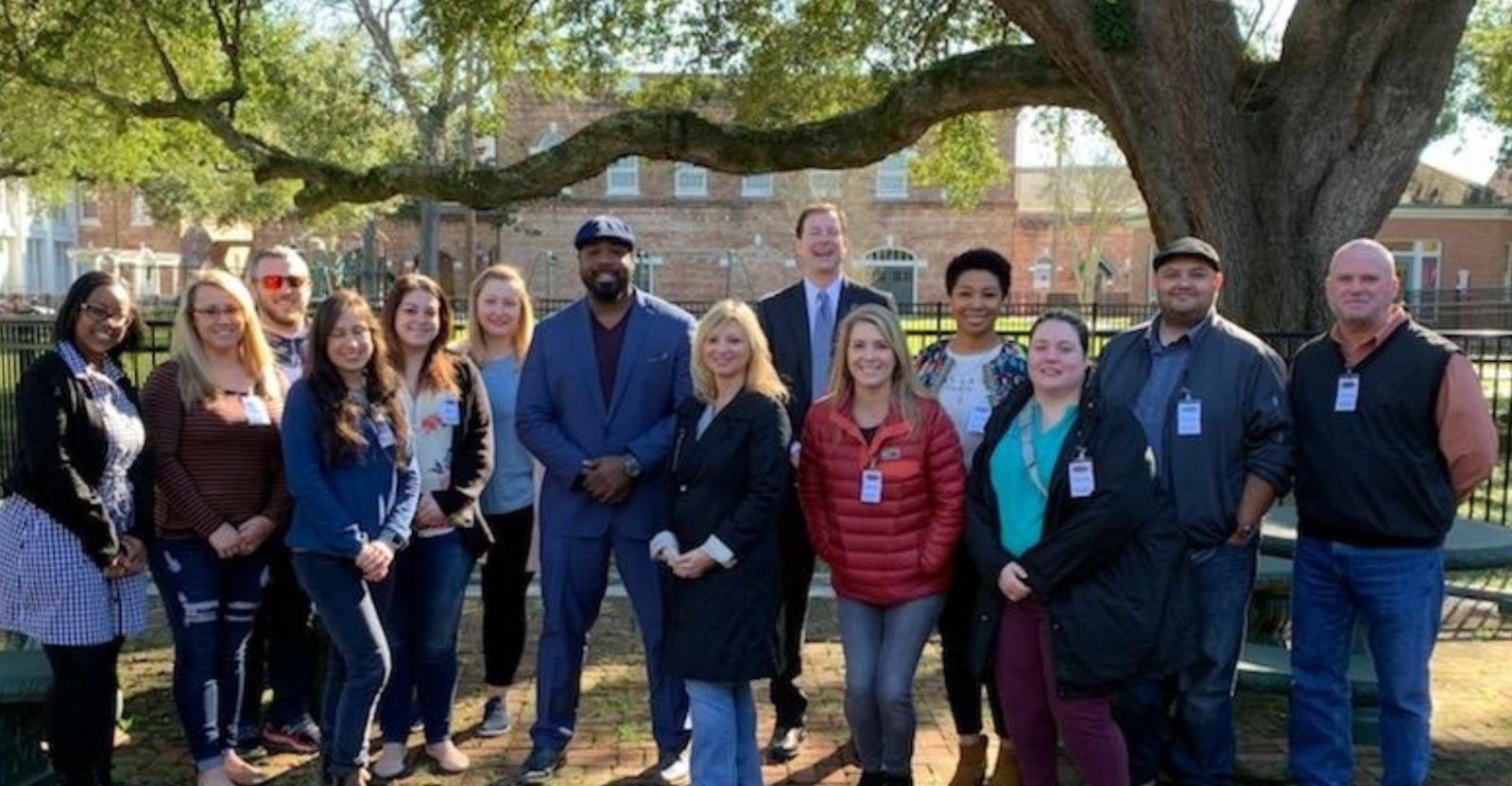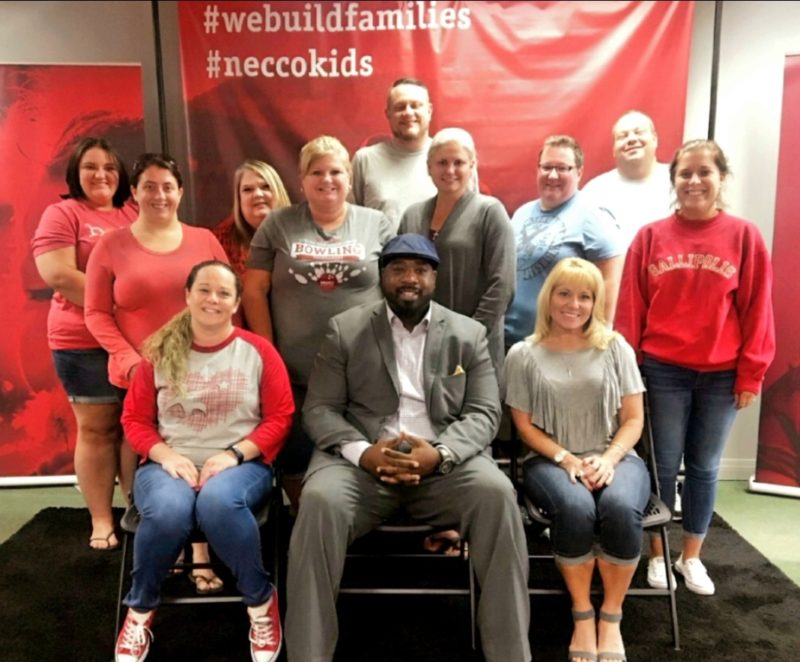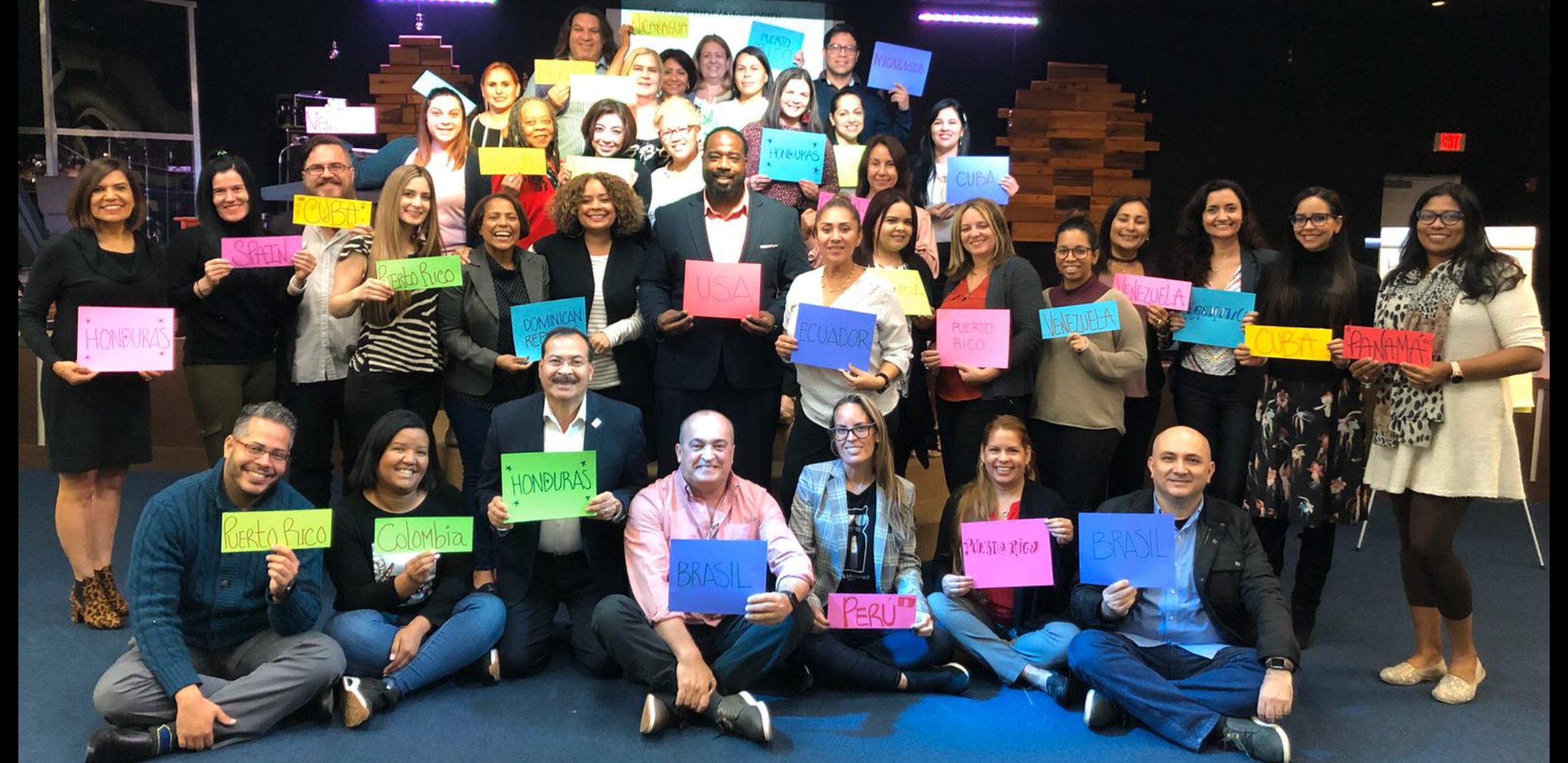PRIDE Model of Practice
(Parent Resources for Information, Development, and Education)
Developing and Supporting Foster and Adoptive Families as Team Members
in Child Protection and Trauma-informed Care of Children
For over two decades the PRIDE Model of Practice has increased opportunities for child welfare agencies to provide a standardized, consistent, structured framework for the competency-based recruitment, preparation, assessment and selection of foster and adoptive (resource) parents, and for foster parent in-service training and ongoing professional development. The PRIDE Model of Practice is used, in whole or in part, across the United States and in more than 25 countries.

Child Welfare League of America (CWLA) and FosterParentCollege.com have partnered to offer the in-person/online edition PRIDE Model of Practice featuring dynamic, interactive adult learning methods and current research.
In-person/online edition of PRIDE Model of Practice
CWLA and FosterParentCollege.com have partnered to bring in-person/online edition of the PRIDE Model of Practice to agencies and families. The in-person/online edition of PRIDE integrates the strengths of in-person group sessions, family assessment (home study) consultations, and online self-paced training to meet the needs of diverse families and agency resources.
This 14-step model of practice to develop and support foster and adoptive families as team members in child protection and trauma-informed care of children is designed to strengthen the quality of family foster care and adoption services by:
• Clarifying the role of resource families in support of your agency’s vision and mission and as integral members of your agency’s team
• Educating communities about the importance of resource families
• Recruiting families based on a strengths/needs, comprehensive plan
• Providing hybrid in-person/online, pre-service training with information and skill building around Five Core Competencies
• Integrating pre-service training as an essential component of the mutual family assessment (home study) process
• Selecting resource families based on the Five Core Competencies
• Matching children with licensed (approved, certified, verified) resource families
• Creating family development plans to guide ongoing professional development of foster parents
• Providing in-service training and other essential supports
• Ending relationships with resource families using a strengths-based approach and a quality assurance process
Implementing the PRIDE Model of Practice provides your agency with the opportunity to ensure that your staff and resource families commit to your agency’s vision, mission, and values; have complementary competency-based roles; use strengths-based language; implement culturally responsive best practices; and work to achieve outcomes that support safety, well-being, and permanency for the children in your care.
Five Core Competencies
The PRIDE Model of Practice is built upon five core competency categories developed through comprehensive role analysis:
• Protecting and nurturing children;
• Meeting children’s developmental needs and addressing their delays;
• Supporting relationships with birth families;
• Connecting children to safe, nurturing relationships intended to last a lifetime (permanency); and
• Working as a member of a professional team.
The Resources & Information section below provides links to additional information on the PRIDE Model of Practice, resources, and training and consultation.
For assistance with the PRIDE Model of Practice, please contact Marcus Stallworth, LMSW, Director, Training and Implementation or Gaelle Augustin, Training and Administration Associate.
Recent PRIDE Model of Practice Trainings



